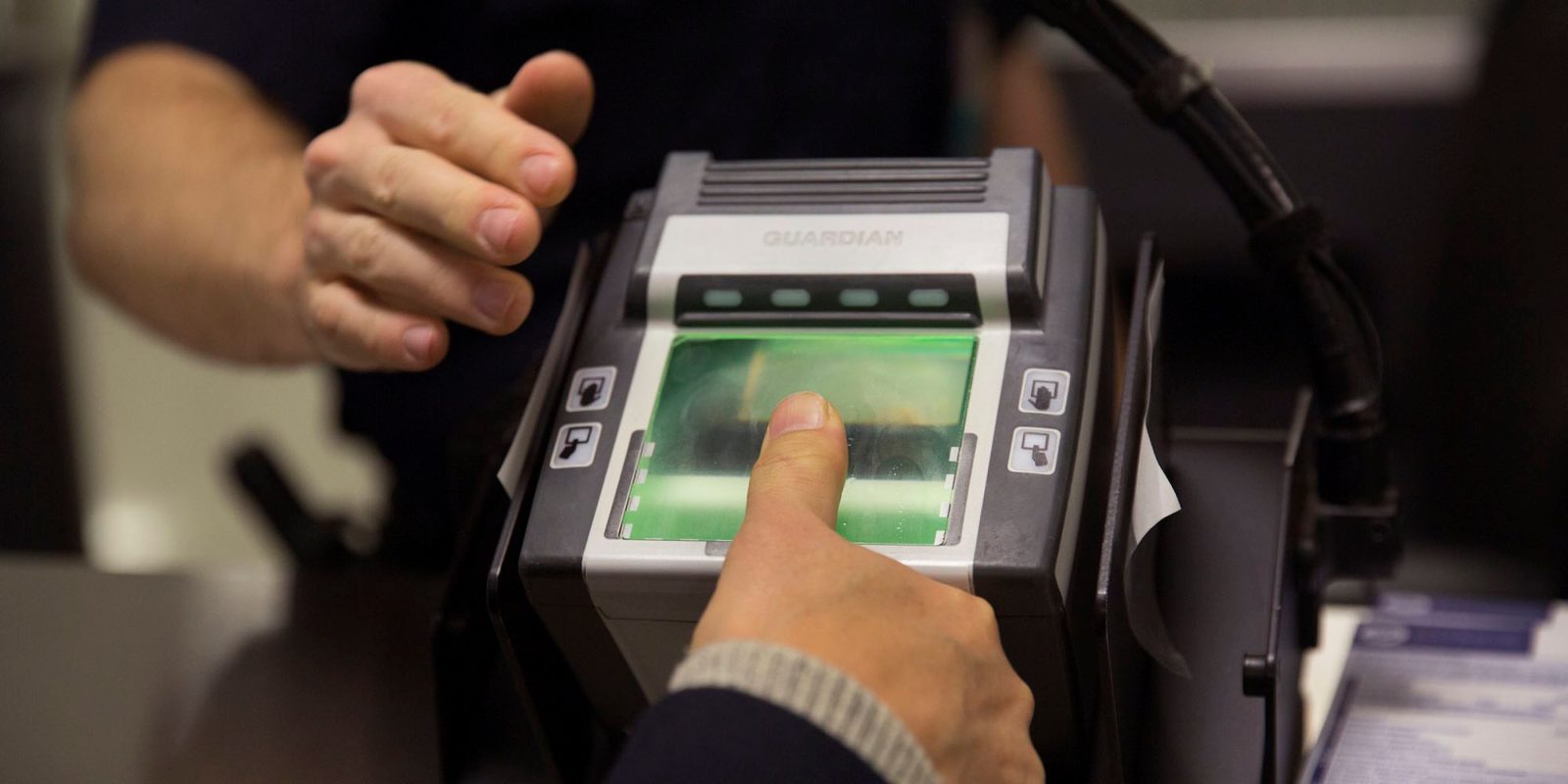
A federal court has ruled that US Customs and Border Protection agents cannot search smartphones without a warrant.
The ruling didn’t actually help the defendant who brought the case, and only applies to the Eastern District of New York where the case was brought, but may help set a privacy precedent …
Kurbonali Sultanov returned to the US at JFK, where border agents told him he needed to hand over his smartphone and the passcode needed to access it. Child sexual abuse material was found on the device, and he was indicted.
According to the court ruling, Sultanov sought to suppress the evidence on the grounds that it was obtained illegally.
In support of his motion to suppress the physical evidence, Sultanov argues that the Fourth Amendment requires the search of a cellular device at the border to be supported by a warrant and probable cause — neither of which was present here.
The government did subsequently obtain a search warrant for a more detailed examination of two phones owned by the defendant, but he sought to have this thrown out as it stemmed from an unconstitutional search.
The court refused this request, finding that the law enforcement agent acted in good faith, and that the material found during the initial search was not the only grounds for the search warrant being issued. However, it did rule that a warrant is required for any search of a phone.
That decision was welcomed by civil rights groups, including Columbia University’s Knight First Amendment Institute, which filed an amicus brief (a statement by an uninvolved party intended to help the judge reach their decision).
The Knight First Amendment Institute at Columbia University and the Reporters Committee for Freedom of the Press filed an amicus brief in the case, arguing that warrantless searches of travelers’ phones violate the First Amendment’s protection of the freedoms of the press, speech, and association, as well as the Fourth Amendment’s protection against unreasonable searches and seizures.
The institute said that this brief was cited extensively by the judge.
Engadget notes that the issue has been debated for a great many years.
In 2017, the American Civil Liberties Union and the Electronic Frontier Foundation filed a lawsuit against the Department of Homeland Security on behalf of 11 individuals who had their phones searched at the border.
While this ruling applies to US citizens and foreign nationals alike, the latter is a rather academic matter, since CBP can deny admission to a foreign visitor even if they are in possession of a visa or visa waiver. Anyone refusing a search would likely have their admission to the country denied.
FTC: We use income earning auto affiliate links. More.





Comments